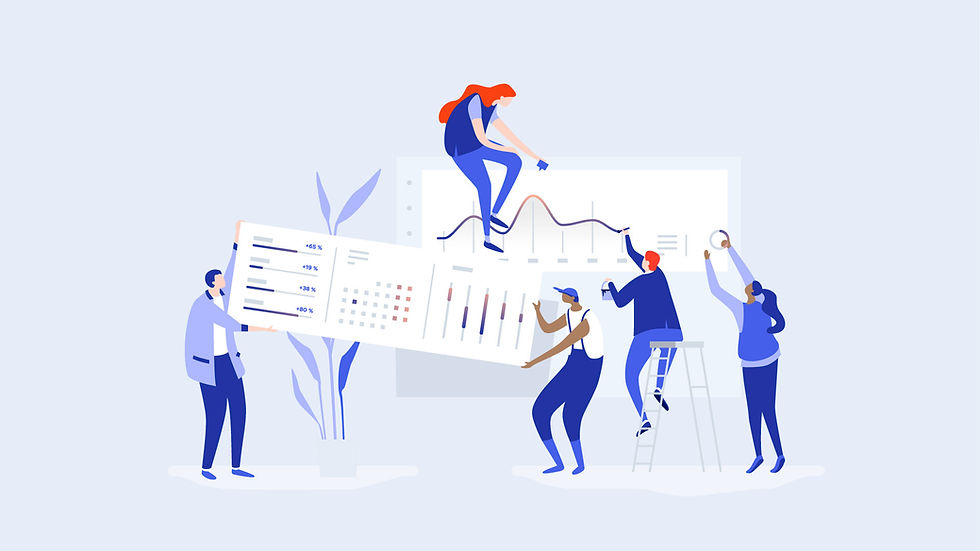The Next 5 Tips To Use Interviews For Data Collection: take note of tip#6
- Gerald Lee
- Oct 29, 2020
- 2 min read
In our previous post, we ventured into the first 5 tips to hold a great interview. Now, the next 5 tips to help you with your qualitative interviews.


Tip 5 :Build rapport with your respondents A challenge when conducting interviews is that there may be little time in the interview situation to build trust (DiCicco-Bloom and Crabtree 2006). Remembering people builds trust, paving the way for open dialogue and good communication.
*Great tip : Remember people's name , addressing people by names
Relating to another person by identifying a shared experience, trait, or opinion is a good way to find common ground (Finding Common Ground) Active listening means giving your full attention to someone who is speaking. It’s an important communication skill, as it encourages openness and honesty.If someone feels like you are hearing them, they will likely listen to you in return, which can establish a good relationship and build great rapport.

TIP 6 : YOU ARE THE CO-FACILITATOR OF DATA COLLECTION The instrumental piece in this interview orchestra is the interviewer. The interviewer needs to be reflexive, conscious, and aware about how his or her role might impact the conversation between the interviewer and interviewee. The interviewer is not a passive player in the interview, but an instrument using his and her abilities, experiences and competencies in the interview situation (Lingard and Kennedy 2010).
TIP 7 : TALK LESS AND LISTEN MORE

Due to nervousness in such situations, or a lack of experience, the interviewee may end up filling in blanks and driving the conversation in a certain direction without being aware of doing so. Making quick decisions and judgement calls will often lead to misdiagnosed solutions, faulty assumptions, narrow perspectives, and misunderstood facts. As a result, we deprive interviewees of the opportunity to share their points of view.

TIP 9: EXPECT THE UNEXPECTED The interviewer needs to be sensitive to the interviewee’s reactions when sharing experiences on certain topics. There are times where interviewees may respond negatively to certain questions posed. The interviewer needs to be mentally prepped that such situations may happen, interviewers would be best equipped with methods of NVC or defusing negative emotions.

TIP 10: Jot DOWN ANY THOUGHTS Immediately After The interview With any interview done, jotting down any thoughts or comments immediately reduces the risk of losing precious data. This data could have been a certain keyword that was mentioned that could be of great impact to the interview data.
#sensemaking #LemonadeAndLearn #enablingchange #skillsfuture #futureskills #criticalcoreskills #changesareimportant #navigatechangewithease #thinkingcritically #criticalthinking #criticalcoreskillssingapore #singapore #softskills #softskillstraining #softskillsdevelopment #alvigorod #skillsfuturesingapore #ccs #ccssingapore #alvigor #Interviews
Subscribe to the Alvigor Blog by signing up below
.png)



Comments